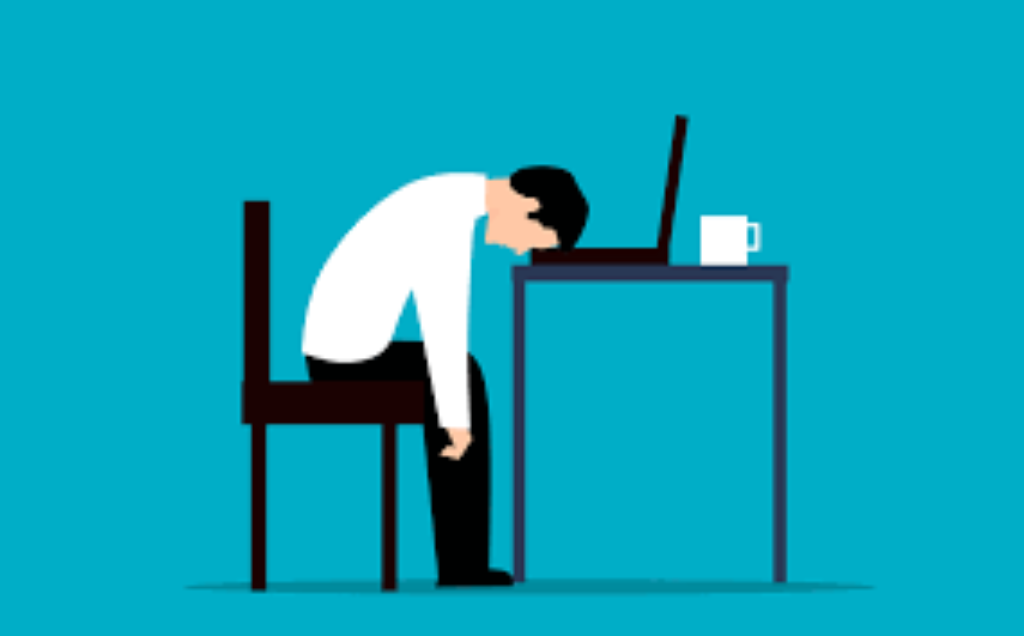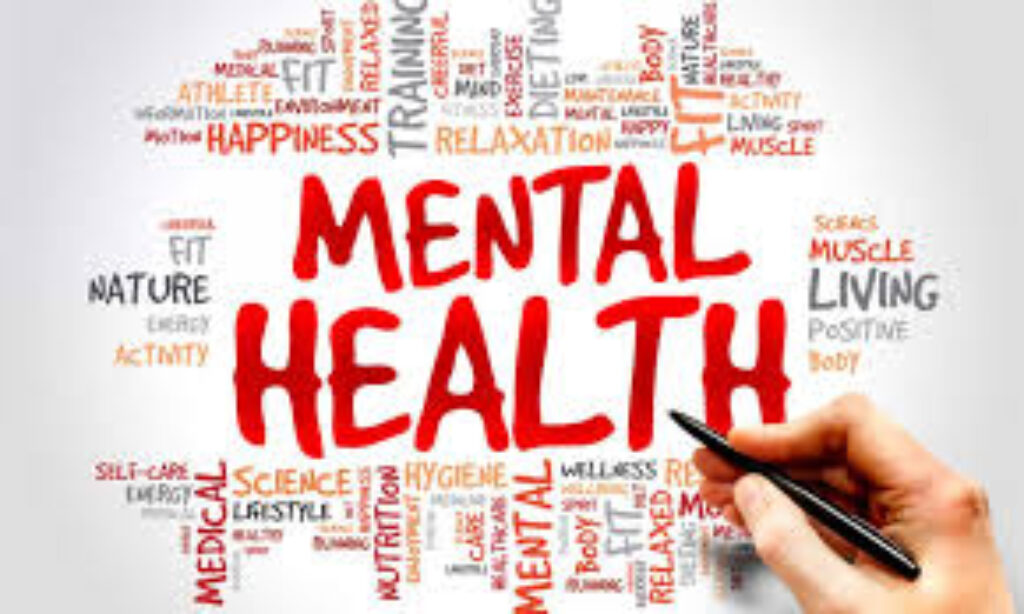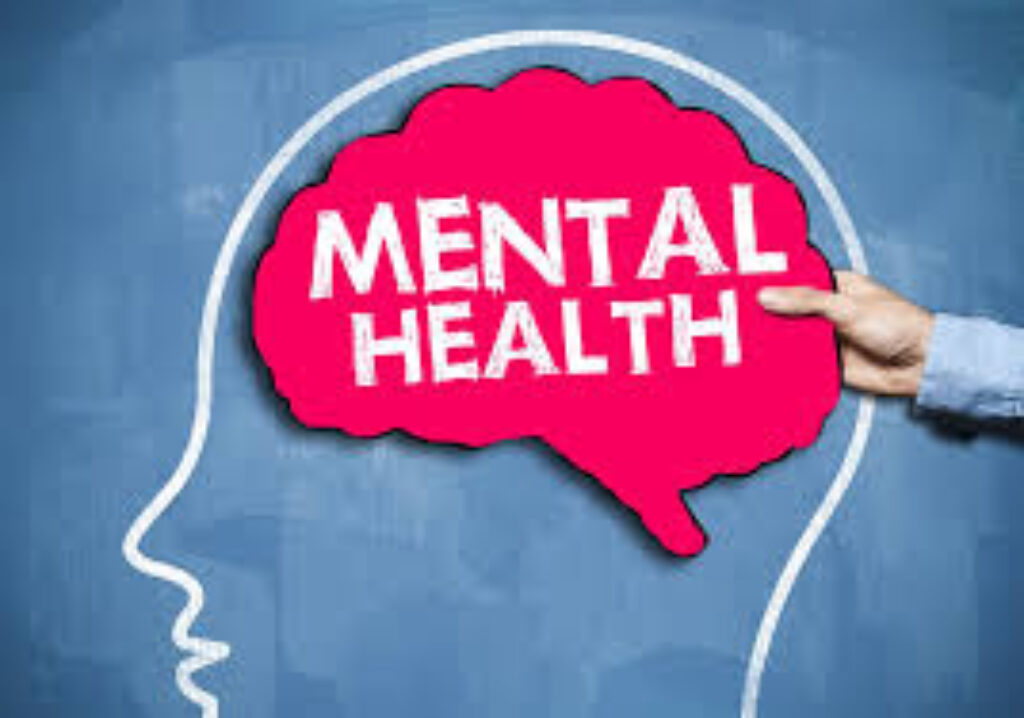Introduction: Defining mental health
Mental health is a term that encompasses many different conditions like anxiety, depression, bipolar disorder, and schizophrenia. Improving mental health can be difficult but there are ways to do it. The first step is acknowledging that there is a problem and that you need help. There are also treatments available such as Cognitive Behavioral Therapy (CBT), which helps people change the way they think about their problems and how to deal with them. If you feel like your mental health is deteriorating then seek professional help as soon as possible.
The Importance of Mental Health
Mental health is just as important as physical health. In fact, they are interconnected. Good physical health can be hindered by poor mental health and vice versa. That’s why it’s important to take care of our mental health just as we take care of our physical health.
There are many ways to take care of our mental health. Some people may need medication to help them, while others may find that therapy or self-care work better for them. No matter what approach someone takes, it’s important that they find something that helps them feel good mentally and emotionally.
When our mental health is good, we’re able to enjoy life more and feel happier. We also tend to be more productive and have better relationships when we’re taking care of our mental health.

Identify Problems of Mental Health:
There are many problems of mental health that are often ignored. One of the biggest problems is the lack of awareness and understanding of mental health issues. Mental health is often seen as a taboo topic, which leads to people not wanting to talk about it or seek help for themselves or loved ones. Another problem is the lack of funding for mental health services. This leads to long wait times for treatment and a shortage of qualified professionals. Another problem is the stigma attached to mental illness. This leads to people feeling ashamed or embarrassed about their condition and reluctant to seek help. Finally, another problem is the lack of support available for caregivers. Caregivers often feel overwhelmed and unsupported, which can lead to them feeling stressed and frustrated.
How to Improve Mental Health:
Improving mental health is a difficult task, but it is not impossible. There are many things that people can do to help improve their mental health, and each person will experience improvement in different ways. Some of the most important things that people can do to improve their mental health include:
Seek professional help: There is no shame in seeking professional help, whether it’s for general mental health concerns or for a specific issue. A therapist can provide guidance and support as you work through your problems.
Get involved in community activities. Participating in community activities can be a great way to socialize and build relationships while also reducing stress levels. Additionally, engaging in hobbies or interests can provide relief from boredom and distraction.
Eat a balanced diet
A balanced diet is important for everyone, but especially for pregnant women and young children. Eating a variety of foods from all the food groups will ensure that you get the nutrients your body needs. A balanced diet includes fruits, vegetables, whole grains, protein, and dairy.
Get enough sleep
Sleep is crucial for overall health and well-being. It helps the body recharge and repair itself, and it’s essential for a healthy mind, too. Not getting enough sleep can lead to problems such as obesity, high blood pressure, diabetes, and heart disease. And according to the National Sleep Foundation, people who don’t get enough sleep are also more likely to suffer from depression, anxiety, and stress. :
Take breaks during the day:
We all know that taking a break is important, but sometimes it’s hard to remember to take breaks during the day. It’s especially important to take a break if you’ve been sitting at your desk for a while or if you’re feeling overwhelmed. Breaks can help improve your focus and help you feel more refreshed. Here are a few tips for taking breaks during the day:
• Take a five-minute break every hour. Get up and walk around, drink some water, or eat something healthy.
• If you’re feeling overwhelmed, take a ten-minute break. Close your eyes and relax, or do some deep breathing exercises.
• Take a longer break every two hours. Get up and move around, go for a walk, or sit down and read something relaxing.

Talk to someone you trust:
When you’re feeling down, it might be tempting to isolate yourself from the world. But it’s actually during those times that you need other people the most. Talking to someone you trust can help you work through your problems and make you feel better.
Talking to a friend or family member can help you get some perspective on your situation. They may have gone through something similar and can offer advice. Plus, simply having someone to talk to can make you feel supported and loved.
If you don’t feel like talking to anyone in your personal life, there are also lots of online support groups available. These groups are filled with people who are going through similar things and who can offer advice and support.
Practice self-care:
Self-care is an important part of maintaining your physical, emotional and mental health. It is essential to take care of yourself in order to be able to take care of others. There are many different ways to practice self-care, and what works for one person may not work for another. Here are a few tips on how to practice self-care:
1. Make time for yourself each day. This can be something as simple as taking a few minutes to relax and breathe deeply, or taking a walk outdoors.
2. Connect with nature. Spending time outside in nature can help reduce stress and improve moods.
3. Eat healthy foods and drink plenty of water. Eating nutritious foods helps your body function at its best both physically and emotionally.
4. Practice yoga or meditation.

In conclusion, improving mental health is possible through various means. By increasing self-awareness, practicing healthy habits, and seeking professional help when needed, people can work to improve their mental well-being. Everyone’s journey to better mental health will be unique, so it’s important to find what works best for you. If you are struggling with your mental health, don’t hesitate to reach out for help. There are many people and resources available to support you on your journey to better mental health.
Written by ADE – Naijatipsland
